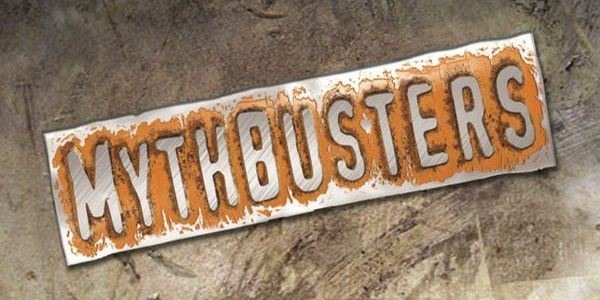Yes, you are correct – we do “maths and coding”
Engineering Science students study a lot of other subjects as well in Part Two. I’ve already talked about mechanics and materials. This is a big component that plays out across all years of the degree, although this involves maths and coding as well.
Another topic we touch upon is electronics. This was covered in ENGSCI 233. This included creating the types of circuits that you’re making in ELECTENG 101, but with an added level of complexity. We also covered the different ways that you can represent numbers in computers, which includes ELECTENG 101’s binary representation.
Something else worth mentioning is that design is still important in Engineering Science. All specialisations have a design component. Engineering Science is no different.
You optimise stuff, ay?
Yes, you are correct – but that’s not all.
What you’ve touched upon is called ‘operations research’. This involves using maths (yay) to maximise or minimise something while adhering to given constraints. I’ll give an absurd example that we’ve covered in class. The first example sets the scenario at McDonalds: How can you meet your dietary requirements on the cheapest budget possible? You’re minimising the amount of money you spend on food and the given constraints is that you need to consume given amounts of carbohydrates, fat, and protein.
Operations Research is the ‘optimisation’ part of Engineering Science. The other part to Engineering Science that isn’t talked about as much is Continuum Mechanics. Continuum Mechanics is understanding how different objects and materials react to forces. This is similar to ENGGEN 121 and CHEMMAT 121. If you want to design spacecraft or determine how a car might get damaged in an accident or be a superstar yacht designer, this is for you.
Don’t you end up working at a lab or behind a computer programming?
The reality is that Engineering Science graduates can end up working anywhere. Since the concept of ‘any’ is hard to grasp, examples of future employment include:
- Engineering firms: your stock standard place where you design physical things, same as everyone else. This includes places like Air New Zealand, Fonterra, Meridian Energy.
- Business consultants: these people advise businesses on what the business should do. Engineering Science students excel at grappling with any analytical problem. This excellence allows graduates to work with business consultancies – McKinsey, BCG, Deloitte – as well as engineering consultancies – Beca, Opus, Aurecon.
- Investment Banks: With a little financial knowledge, EngScis can easily rack up $100K salaries with the likes of Deutsche Craigs, Goldman Sachs, First NZ Capital.
- Software companies: Google, Palantir, Orion, Vista.
Perhaps the work that Engineering Science graduates can’t do is structural engineering and Arts-style critical thinking. Even then, some of the Engineering Science graduates at Opus did work with road engineering. You can do anything, and ‘anything’ is a hard concept to comprehend.
Closing
Before taking ENGSCI 111, a few of you thought that Engineering Science would be dealing with chemistry and materials since “science” is in the name. You are correct. Engineering Science is multidisciplinary and covers a lot of different sciences. Don’t think of Engineering Science as “maths and coding”. Maths and coding are simply tools that you use to perform a wide range of engineering. If you can’t decide which specialisation you want to choose, Engineering Science covers nearly all of the other specialisations.
Bonus material!
These are the Wikipedia articles for Engineering Science. This goes outside of what “UoA Engineering Science” is:
https://en.wikipedia.org/wiki/Engineering_science_and_mechanics
